Get ready to hide under a napkin with a fried song bird while shouting “fuck off” in a thick Scottish accent, because this week we’re talking about HBO’s Succession. The third season of the acclaimed media family drama kicked off last month, and from the acting, to the writing, to the plot-twist momentum, it’s shaping up to be the series’ best yet.
There are a lot of reasons to be obsessed. Succession is, above all, an uncompromising look at where power comes from, and how it’s reproduced. And as Kendall Roy—media magnate Logan Roy’s second-eldest and most seditious child—breaks away from the fold to wrest control of a scandal-ridden Waystar Royco, the show makes fine work of capturing the crisis PR theater that corporations engage in when navigating an extinction-level threat.
“Cultural temperatures” are taken. Token women are propped up as mouthpieces. Executives mollify the public with platitudes like “We take this very seriously” while privately referring to the company’s victims as “no RPI”—“no real person involved.” And, of course, Kendall is framing his big power grab as an effort to right the company’s wrongs against women and usher the company into the 21st century, when he’s basically just a big baby in a power suit and a goofy baseball cap trying to consolidate his own position.
It’s a searingly brutal portrait of a dysfunctional family, a commentary on the corporate chokehold over media and politics, and an exercise in rich-people schadenfreude all rolled into one. For journalists, however, the show hits home for its painfully true-to-life portrayal of the forces shaping our world.
At this point, we can’t think of many colleagues who haven’t experienced their own version of season two’s infamous Vaulter scene, in which Kendall guts an entire digital media company, save for two verticals: food and weed. The fact that Kendall lays off dozens of journalists with one week of severance simply because he’s trying to impress his father is absurd enough to feel like something that might actually happen in a real-life digital media company, especially after he boasts to Vaulter’s publisher that he’d spent time studying the company because he was looking to “find the profit centers [and] keep the union off our back.”
Part of Succession’s pitch-perfect rendering of the brutal inner workings of media comes down to the fact that its creators hire people who know what they’re talking about. One of those people, on the series’ second season, was Cord Jefferson, a longtime journalist and former editor and writer at Gawker who left the media industry seven years ago to try his hand at TV writing.
Since then, he’s been one of the brains behind thought-provoking fan favorites like The Good Place, The Nightly Show with Larry Wilmore, and Watchmen—the latter of which earned him an Emmy for his work alongside co-writer Damon Lindelof. Along the way, Cord has carved out a name for himself as an advocate for journalists looking to cross into the entertainment industry, most recently teaming up with the Writer’s Guild of America to launch the Susan M. Haas Fellowship, which offers financial support and creative mentorship to journalists interested in TV writing. He’s also working on a show about the rise and fall of Gawker Media, which we can’t wait to see when it finally makes it to the screen.
To celebrate Succession’s third season, Cord joins us to discuss his experiences in the media industry and how they’ve informed his work on fictional portrayals like Succession and the Gawker series. We discuss the ways that Hollywood gets journalism right—and also sometimes terribly wrong—along with the struggles writers in both fields are facing in a creative economy increasingly governed by algorithms, risk aversion, and Waystar RoyCo-esque monoliths obsessed with growth at any cost.
Follow Cord on Twitter
Learn more about the Susan M. Haas Fellowship




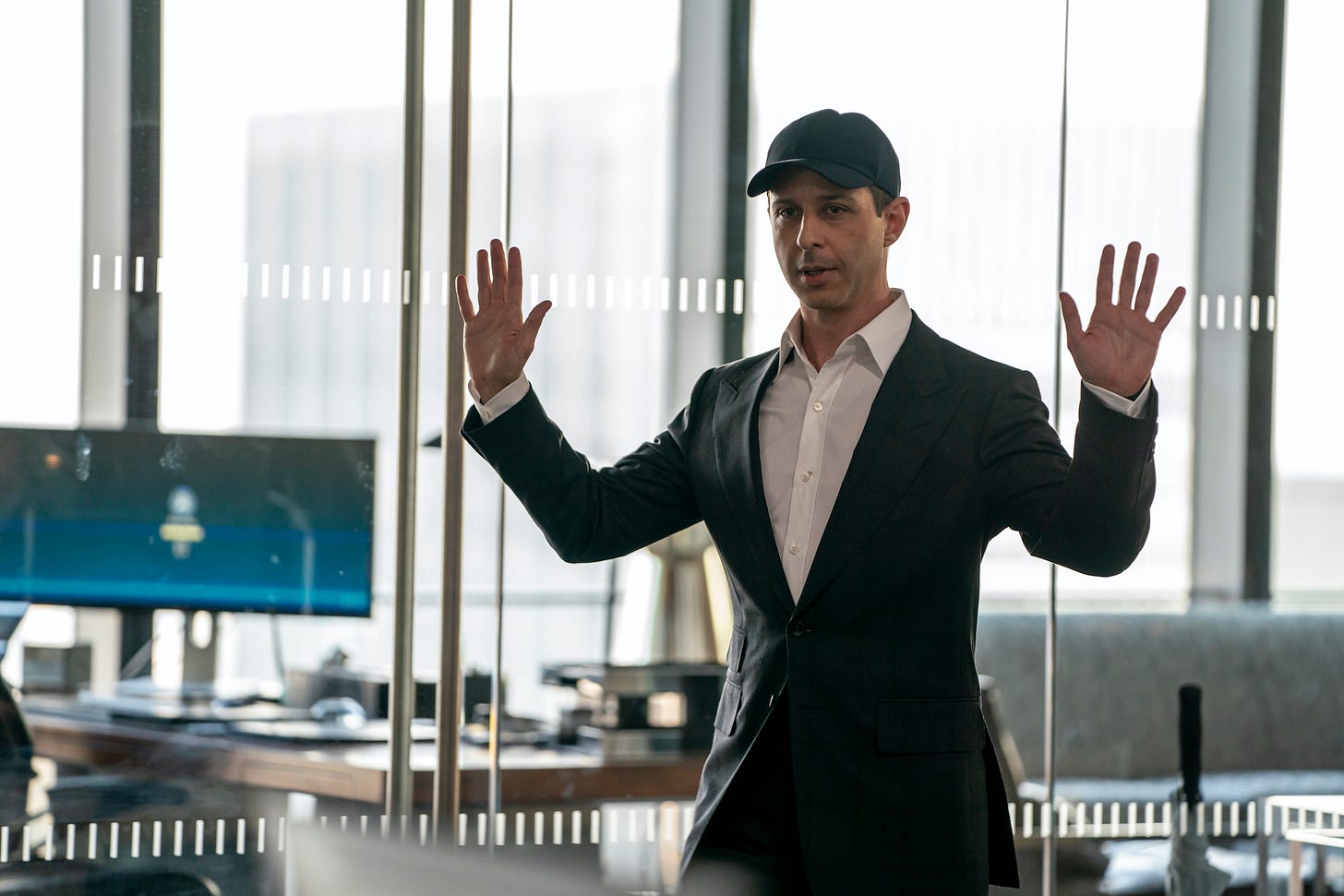
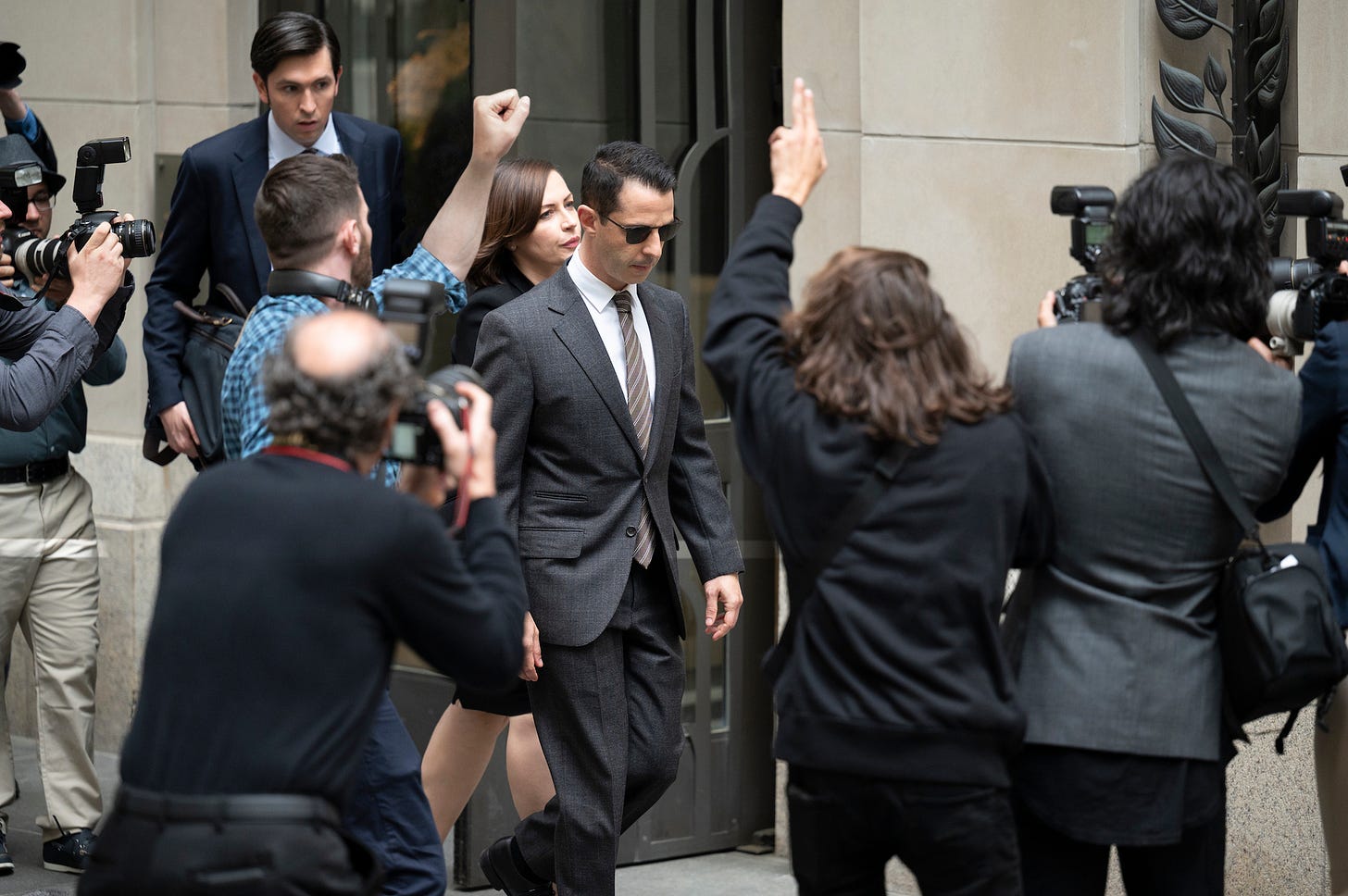





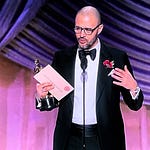



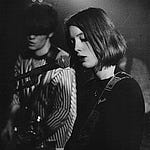
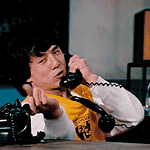
The Logan Roy School of Journalism